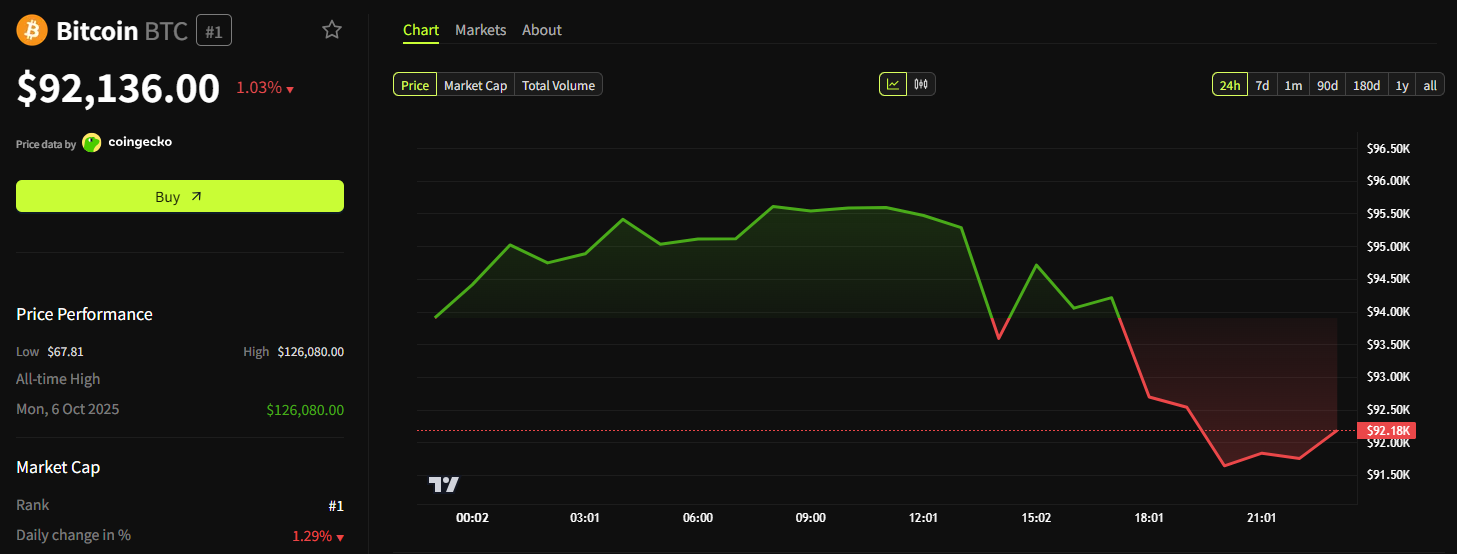Japan’s FSA Proposes Crypto Tax Cuts and Insider Trading Ban, Redefining Market Compliance
Quick Breakdown
- Japan’s imminent regulatory reforms aim to address major pain points for the country’s cryptocurrency industry.
- FSA plans to introduce a flat 20% tax on crypto earnings, as high as 55%, including income and resident taxes.
- Japan will introduce clear insider-trading rules for cryptocurrencies for the first time.
New regulatory approach reshapes crypto oversight
According to a report from The Asahi newspaper on Sunday, the FSA is moving forward with plans to classify digital assets as “financial products” under the Financial Instruments and Exchange Act, putting crypto under the same regulatory framework as stocks and bonds. This would require exchanges to offer clearer disclosures around risks and price volatility, and could widen access by allowing banks and insurance companies to sell cryptocurrencies through their securities divisions. The proposal is expected to be submitted to the Diet in 2026.
JUST IN: 🇯🇵 Japan’s FSA plans to classify crypto as financial products, and cut the tax rate from 55% to a flat 20%. pic.twitter.com/MRUfrjLMYI
— Whale Insider (@WhaleInsider) November 17, 2025
Flat tax and insider trading crackdown
A key feature of the reforms is reducing the tax rate on cryptocurrency gains. Currently taxed as “miscellaneous income,” subject to rates as high as 55%, crypto profits would instead be taxed at a flat 20%, mirroring the treatment for traditional securities and easing burdens for retail investors.
At the same time, Japan is moving to introduce clear insider-trading rules for cryptocurrencies, giving regulators the power to investigate and punish violations, issue fines, and even refer severe cases for criminal prosecution. This would be Japan’s first attempt to address insider trading in the digital asset market directly.
The push for new legislation follows ongoing industry complaints about heavy tax burdens and inadequate market protections. If approved, the updated rules could encourage more participation in Japan’s crypto sector, while stronger disclosure and compliance requirements would help lift overall industry standards. The changes position Japan as an Asian trailblazer in regulating digital assets, with investor confidence at the forefront; however, they may also raise operational costs for exchanges and increase surveillance across the industry.
Meanwhile, Japan Exchange Group (JPX) is considering new regulatory measures to restrict listed companies from accumulating excessive cryptocurrency holdings. The move is largely driven by concerns about investor protection, since the volatility of digital assets has caused sharp drops in share prices and major losses for investors in companies engaged in “crypto hoarding.” In response, the JPX may start applying backdoor listing rules more strictly and require additional audits for firms that invest a significant amount of capital in digital assets. Japan currently has the highest number of public companies holding Bitcoin in Asia, prompting this closer regulatory scrutiny. Although the JPX clarifies that it does not aim to prohibit corporate crypto acquisition outright, it instead seeks to ensure proper risk management and oversight.
Take control of your crypto portfolio with MARKETS PRO, DeFi Planet’s suite of analytics tools.”
Disclaimer: The content of this article solely reflects the author's opinion and does not represent the platform in any capacity. This article is not intended to serve as a reference for making investment decisions.
You may also like
Cardano Pushes RealFi to the World: Hoskinson Says It Will Change Finance Forever
Quick Take Summary is AI generated, newsroom reviewed. RealFi connects blockchain to real-world finance and targets the unbanked in Africa and beyond. Atala PRISM gives users digital identity and verifiable credit without banks. Cardano already tested RealFi tools in Kenya, Ethiopia, and Tanzania with 2% loan default rates. All microloan returns convert into ADA, creating constant buy demand for the token.References X Post Reference
Vitalik Buterin's Latest Advances in ZK Technology and Their Impact on the Crypto Ecosystem
- Vitalik Buterin's ZK advancements resolve Ethereum's scalability-privacy trilemma, enabling 43,000 TPS with near-zero fees via GKR protocol. - Kohaku framework introduces modular privacy tools like Railgun, making confidential transactions default for Ethereum wallets. - ZK rollups (zkSync, StarkNet) now hold $3.5B TVL, driven by institutional adoption for RWA tokenization and confidential settlements. - Regulatory clarity and Ethereum's zkEVM integration position ZK as core infrastructure, with 70% lowe

ZK Atlas Enhancement: Driving Blockchain Expansion and Enterprise Integration
- ZK Atlas Upgrade (2025) boosts blockchain scalability with 30,000 TPS and 70% lower gas costs via Airbender proof system. - Modular ZKsync OS reduces Ethereum fees by 90%, enabling $3.5B TVL growth in ZK rollups for DeFi and RWA tokenization. - U.S. GENIUS Act and EU MiCA regulation legitimize ZK privacy tech, attracting $15B in Bitcoin ETF investments for institutional adoption. - Despite regulatory scrutiny and interoperability challenges, ZK Atlas positions as foundational infrastructure for high-thro

Crypto Bloodbath: Bitcoin Loses $92K: Ethereum Slips $3K — Worst Drop in Months

